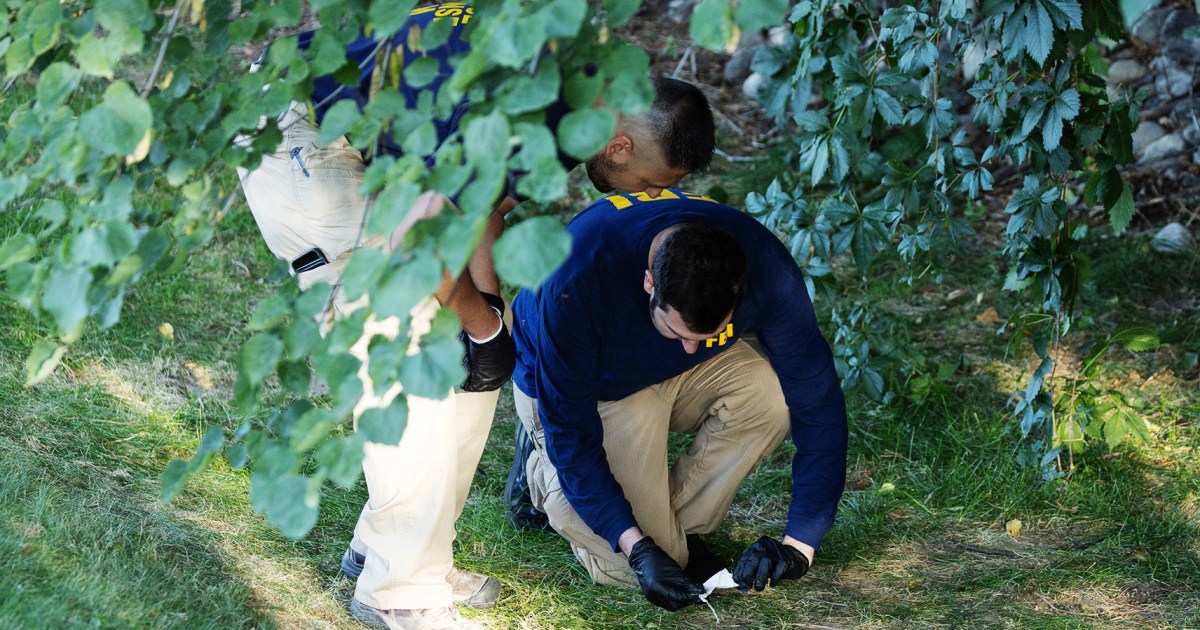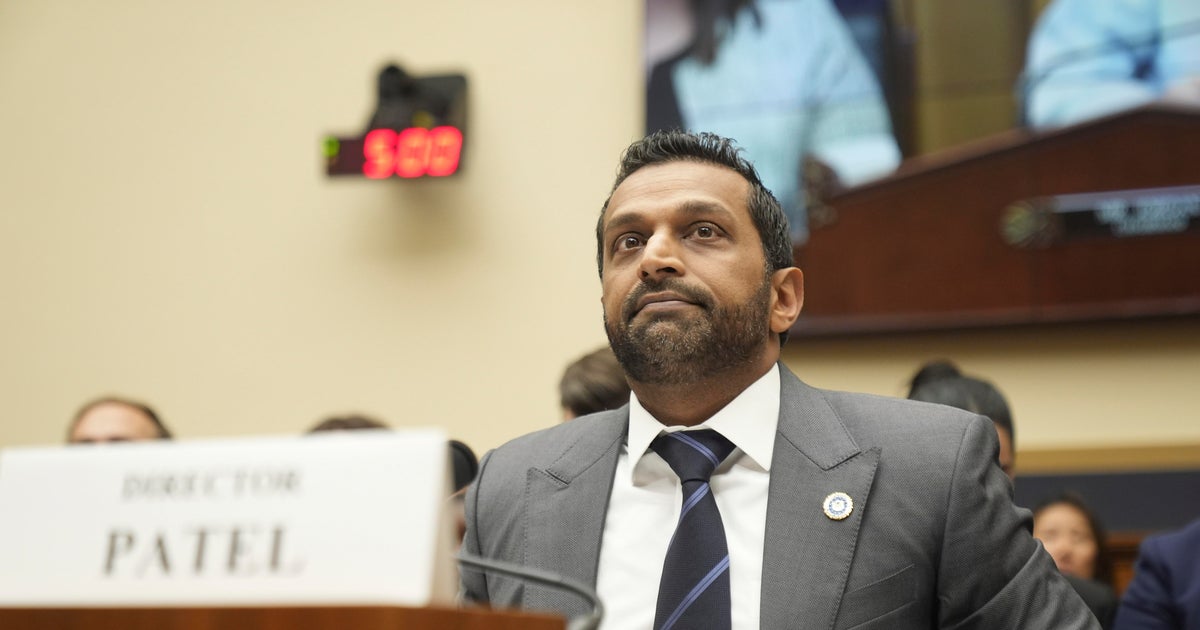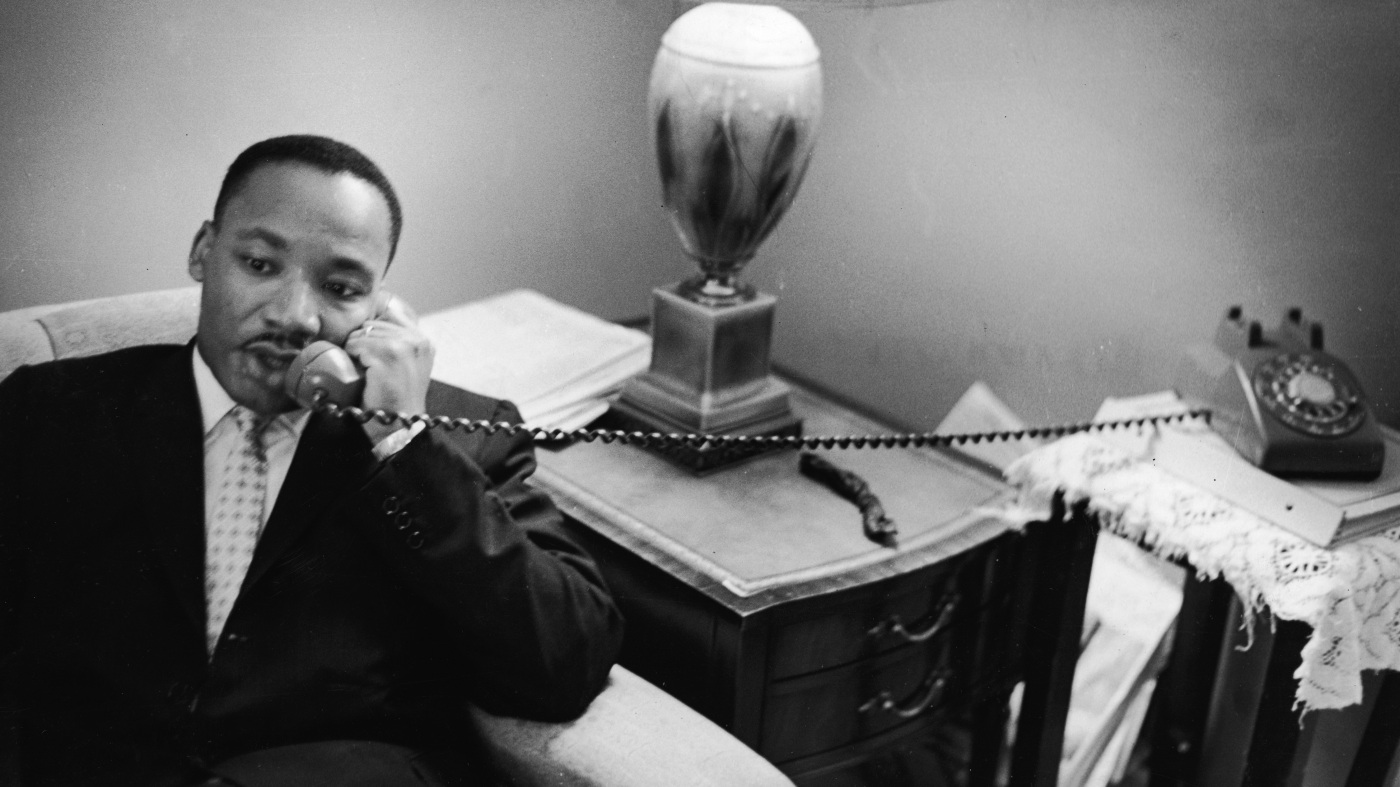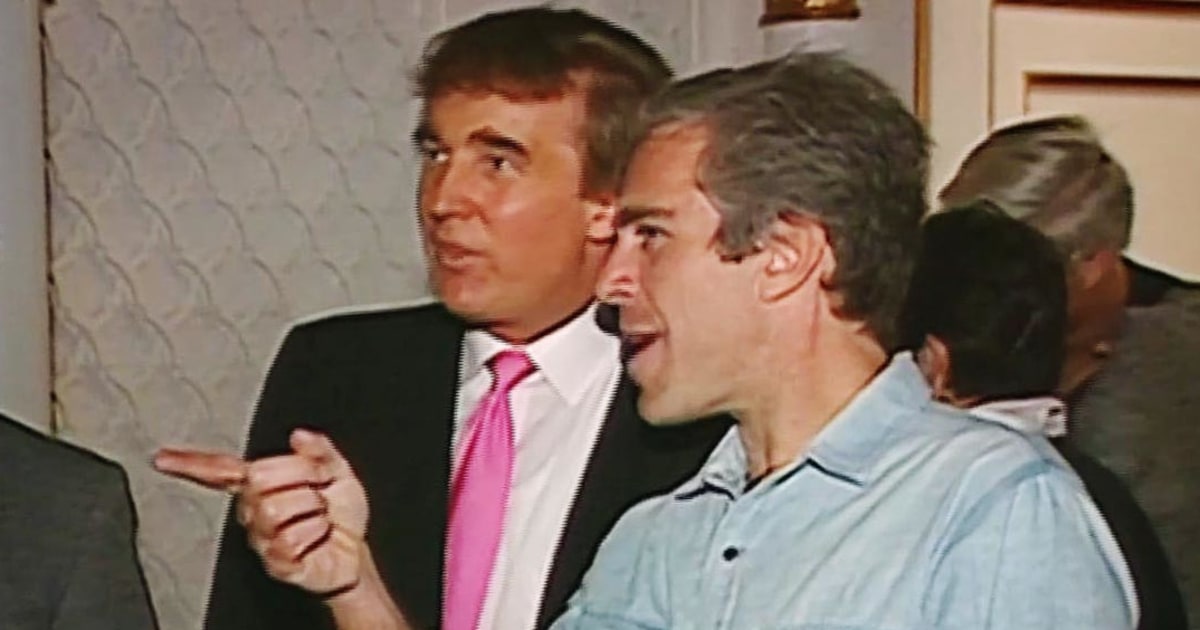The Legal Battle of Trump's Alleged Assasination Attempt
Introduction
A man accused of attempting to assassinate former President Donald Trump at his Florida golf course last year has caused a stir by choosing not to testify in his own defense. Representing himself, Ryan Routh raised eyebrows on Monday when he wrapped up his case without taking the stand. His decision followed the testimony of a firearms expert and two character witnesses, who spoke to his good standing in the community.
Legal Battle
Routh's case has been closely followed, as he has been charged with attempting to assassinate a former president, a federal offense. The trial has been a battle of wits between the prosecution and Routh, who has been representing himself in court. Throughout the proceedings, Routh has maintained his innocence and has fought hard to defend himself against the allegations. His decision to not testify has raised questions about the strength of his defense and the potential impact it may have on the outcome of the case.
Final Verdict
The absence of Routh's testimony has left many wondering what the final verdict will be. His decision not to take the stand has raised doubts about the strength of his defense and whether he has been able to effectively counter the prosecution's arguments. As the trial draws to a close, the jury will have to consider all the evidence presented and make a final decision. The outcome of this case will have far-reaching implications, not only for R
About the People Mentioned
Donald Trump
Donald John Trump, born June 14, 1946, in Queens, New York, is an American businessman, media personality, and politician. He graduated from the University of Pennsylvania’s Wharton School in 1968 with a degree in economics. In 1971, he took over his family’s real estate business, renaming it the Trump Organization, through which he expanded into building and managing skyscrapers, hotels, casinos, and golf courses. Trump gained widespread fame as the host of the reality TV show *The Apprentice* from 2004 to 2015, which helped establish his public persona as a successful entrepreneur. Trump entered politics as a Republican and was elected the 45th president of the United States, serving from 2017 to 2021. His presidency was marked by significant policy actions including tax cuts, deregulation, the appointment of three Supreme Court justices, renegotiation of trade agreements (notably replacing NAFTA with the USMCA), and a focus on immigration control including border wall expansion. He withdrew the U.S. from international agreements such as the Paris Climate Accord and the Iran nuclear deal, and engaged in a trade war with China. His administration’s response to the COVID-19 pandemic was criticized for downplaying the virus’s severity. Trump was impeached twice by the House of Representatives—first in 2019 for abuse of power and obstruction, and again in 2021 for incitement of insurrection—but was acquitted by the Senate both times. After losing the 2020 election to Joe Biden, Trump challenged the results, culminating in the January 6, 2021, Capitol riot. He remains a central figure in American politics, having won the 2024 presidential election and returned as the 47th president in 2025, continuing to promote policies aimed at economic growth, border security, and military strength[1][2][3][4].
About the Organizations Mentioned
Federal Bureau of Investigation
The **Federal Bureau of Investigation (FBI)** is the United States federal government’s principal investigative agency, specializing in law enforcement, national security, and intelligence. Established on July 26, 1908, by U.S. Attorney General Charles Bonaparte under President Theodore Roosevelt, the FBI originated as a small force within the Department of Justice (DOJ) to investigate federal crimes such as land fraud and corporate malfeasance, expanding to address crimes that crossed state lines and national security threats[4][5]. Initially, the Bureau had limited personnel and faced challenges including political patronage and inconsistent training. However, under the transformative leadership of J. Edgar Hoover, who became director in 1924, the FBI professionalized its operations, implemented rigorous hiring standards, and expanded its investigative scope to include white-collar crime, civil rights violations, espionage, and later organized crime[1][4]. Throughout its history, the FBI has played a critical role in key areas such as enforcing the Mann Act against human trafficking, combating espionage and sabotage during the World Wars, and investigating communist activities during the Cold War. The agency's jurisdiction broadened significantly with the Civil Rights Act of 1964, adding enforcement of anti-discrimination laws, and later with federal laws targeting racketeering and gambling[8]. In the late 20th and early 21st centuries, the FBI adapted to new challenges including international drug trafficking, white-collar crime, cybercrime, and terrorism—especially after the 1993 World Trade Center bombing and the September 11, 2001 attacks. The FBI also coordinates with local, state, and other federal agencies through initiatives like the National Crime Information Center, established in 1967[8]. Today, the FBI is a leading force in both traditional law enforcement and cutting-edge technology-driven investigations, balancing national security with civil liberties. Its evolution from a modest investigative unit to one of the world’s most sophisticated intelligence and law enforcement agencies reflects its
















